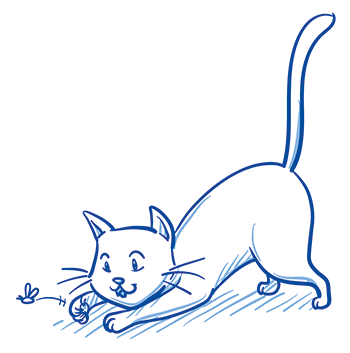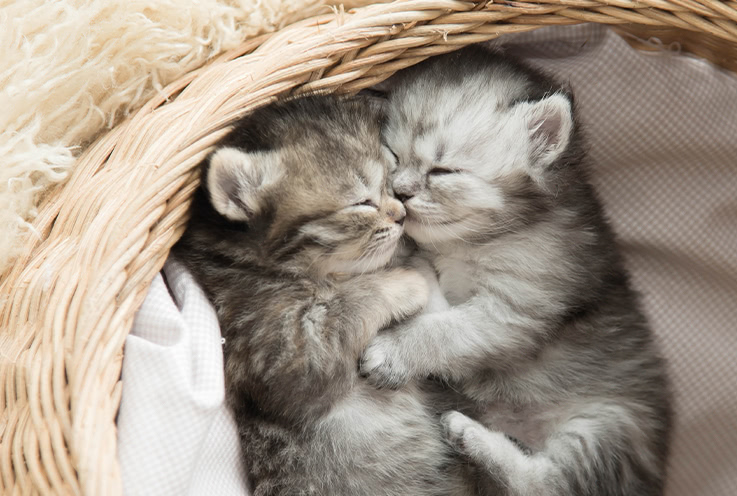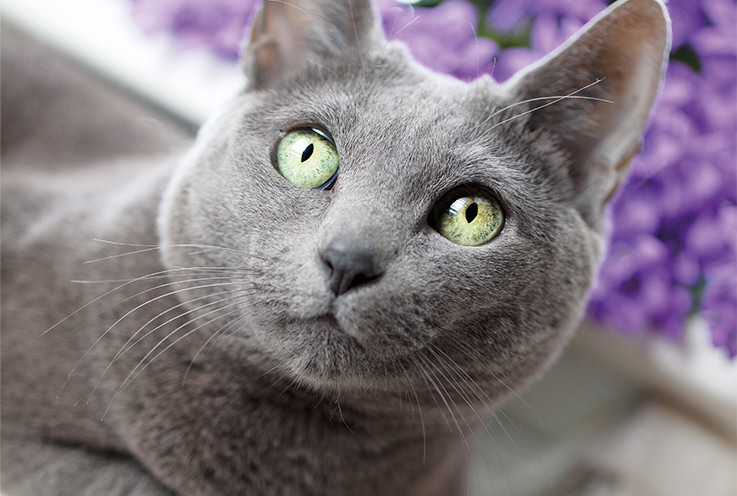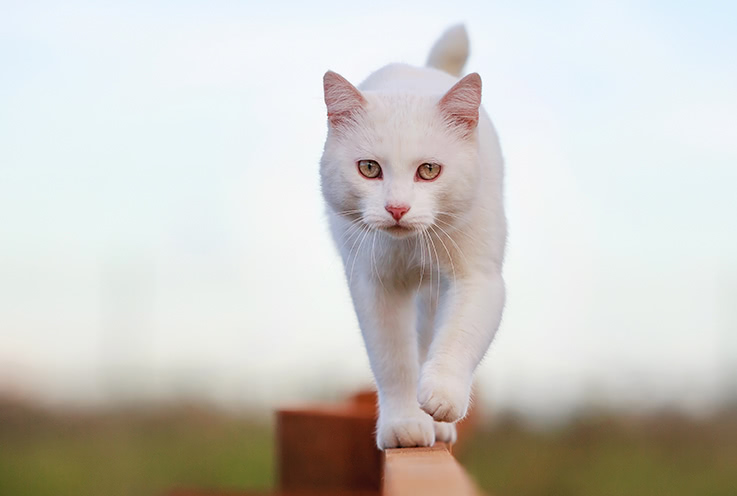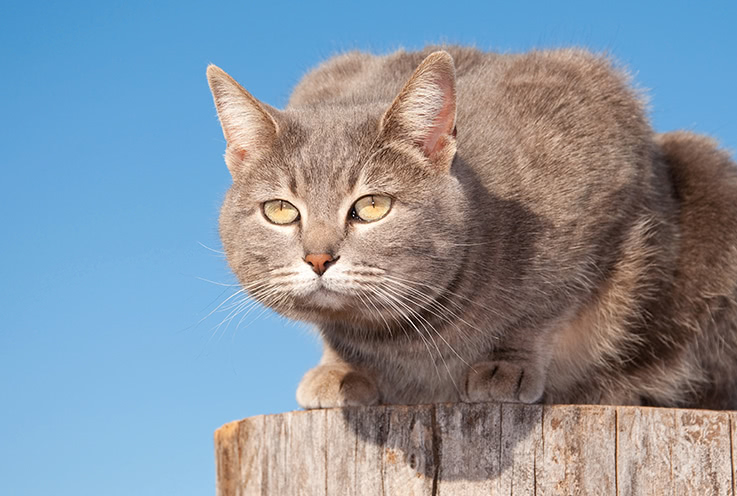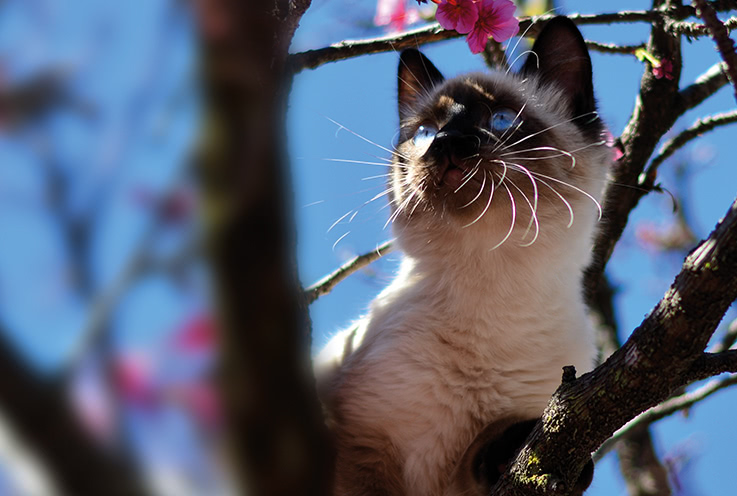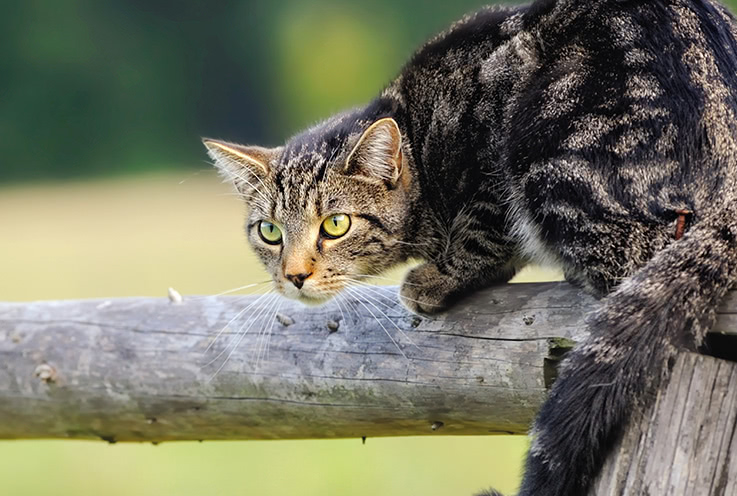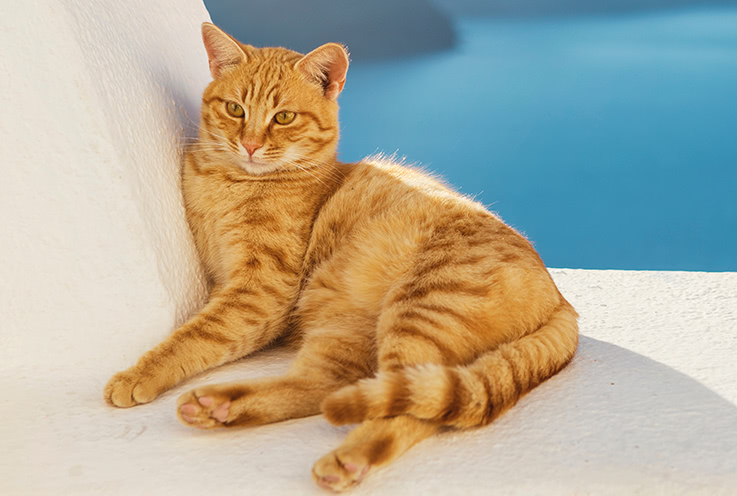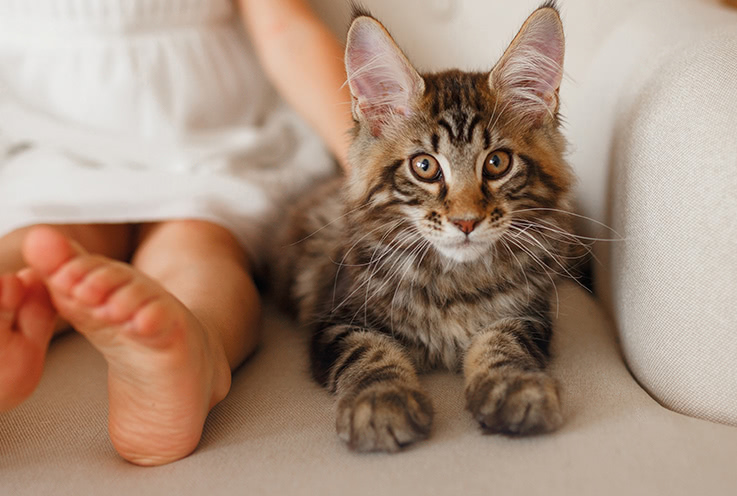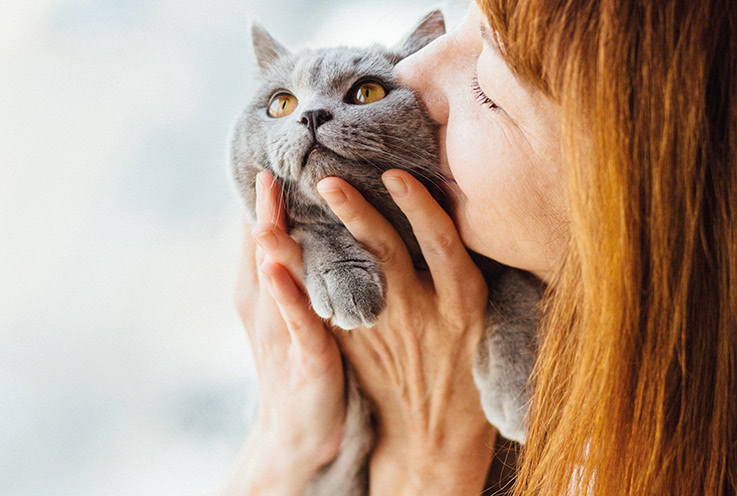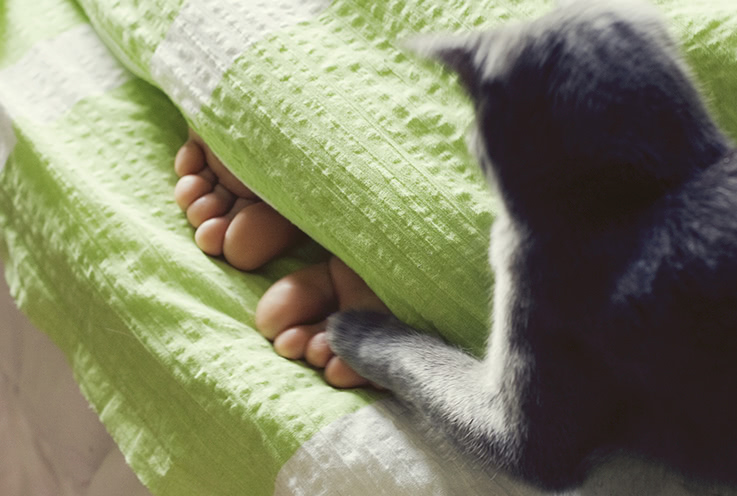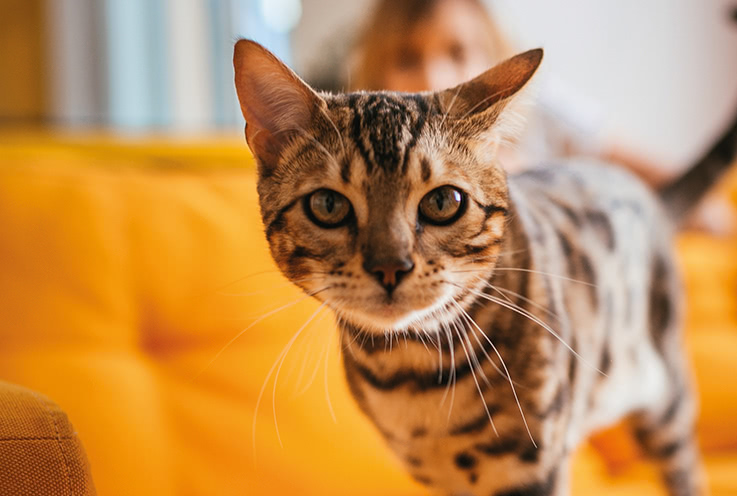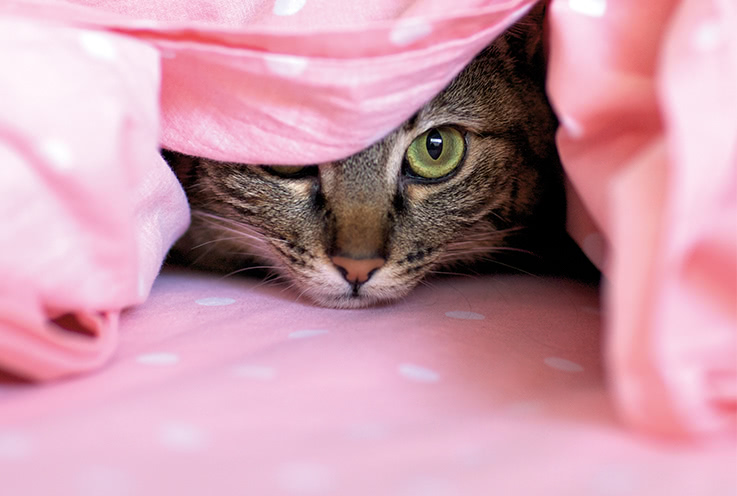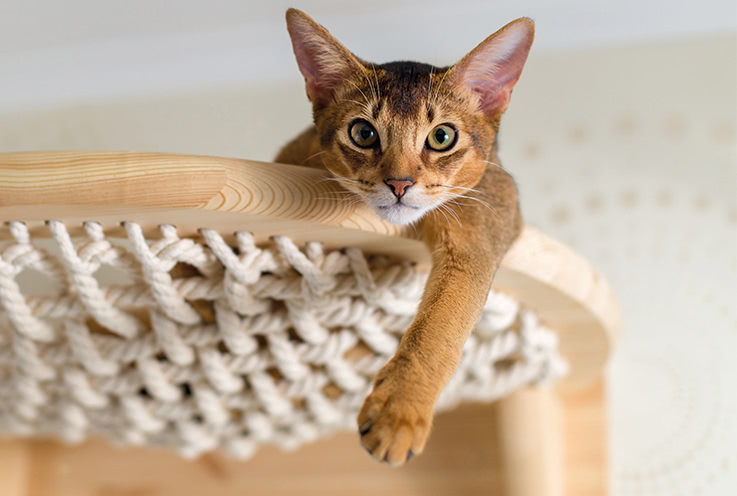-
For dogs
Dog
Shopping cartThere are no products in your shopping cart!
The product has been added to the watch list.
Your selection was successfully placed in the shopping cart.
The product has been added to the watch list.
Your selection was successfully placed in the shopping cart.
Use of cookies
We use cookies to offer you the best shopping experience. These include cookies that are necessary for the operation of the site, as well as optional cookies to optimize our website and generate statistics. Optional cookies are only set after your express consent. You can find all the important information in our privacy policy. The website can also be used without consent.
Legal responsibilities: imprint
The Cat
Cats are unique animals in many ways, in terms of their nutrition, their metabolism and their behaviour. Lots of things are just different with cats and it’s important also to bear this in mind when thinking about their diet.
For a start, cats are innate prey catchers, not simply small dogs. Their entire metabolism is designed around this characteristic, the ability to obtain sufficient amounts of animal protein, and particularly the amino acids which make up the protein. Proteins are indispensable for cats, providing vital energy and nutrients. Cats have a profligate amino acid metabolism and therefore require a diet with considerably more taurine than other animals.
In the wild, cats catch 10 to 12 small prey animals per day, and their stomach is sized to match this. Cats eat their entire prey, not just the meat. Nevertheless, the diet of the cat is high in protein. This puts a great deal of pressure on its liver and kidneys, which are needed to remove the nitrogenous by-products from the protein digestion. The burden on the liver and kidneys can be lifted with easy-to-digest lean meat and sufficient amounts of FOS (Fructooligosaccharides), which help to excrete the nitrogen through the intestine.
Cats also tend to have distinct food aversions. If a cat doesn’t eat something as a kitten, or if its experience with a food ends badly, then it will simply refuse it from that point on. On the other hand, cats have particular preferences for certain food textures. Alongside smell and taste, this tendency for a “good” feeling inside their oral cavity is an important factor for accepting food.
In particular, it’s important to note that cats shouldn’t go hungry for more than two days, otherwise this can lead to fatal metabolic liver damage.
To make sure you always satisfy the needs of your cat, at Vet-Concept we have a range of delicious feeds, for example rabbit, duck, salmon and reindeer. That will ensure your little connoisseur is always happy
